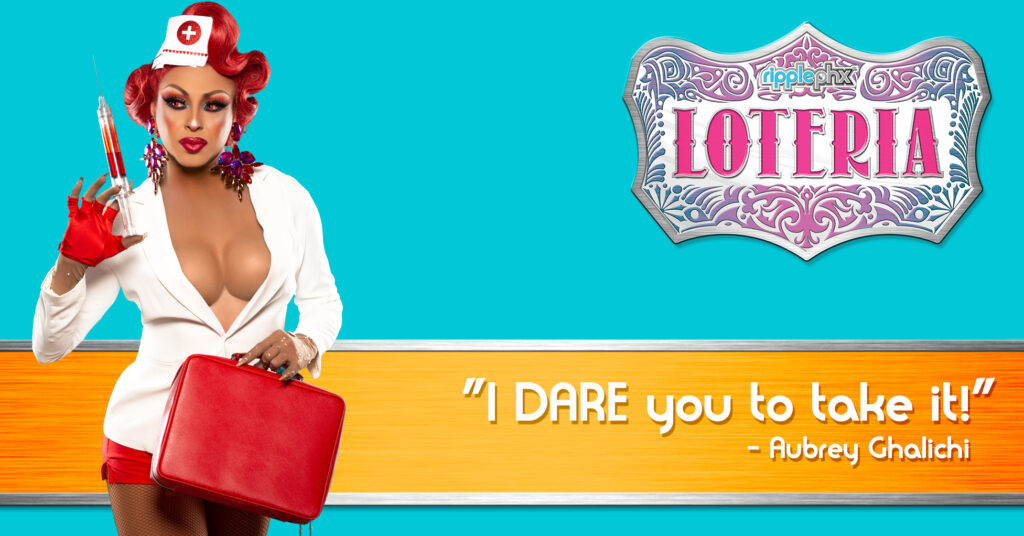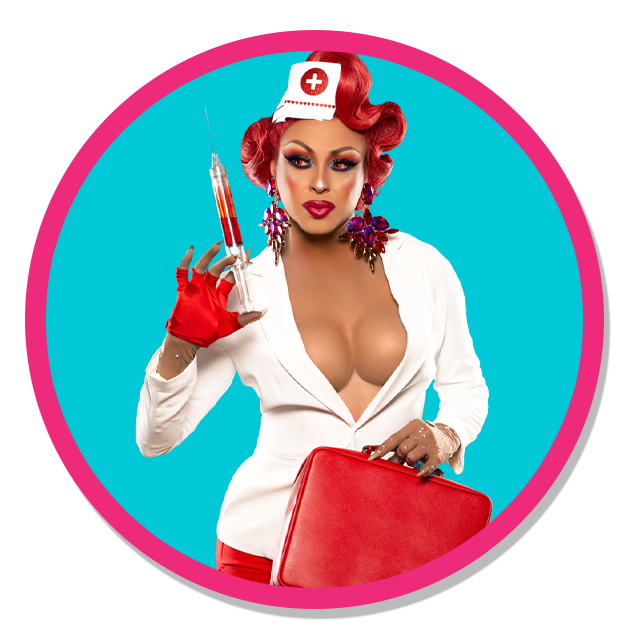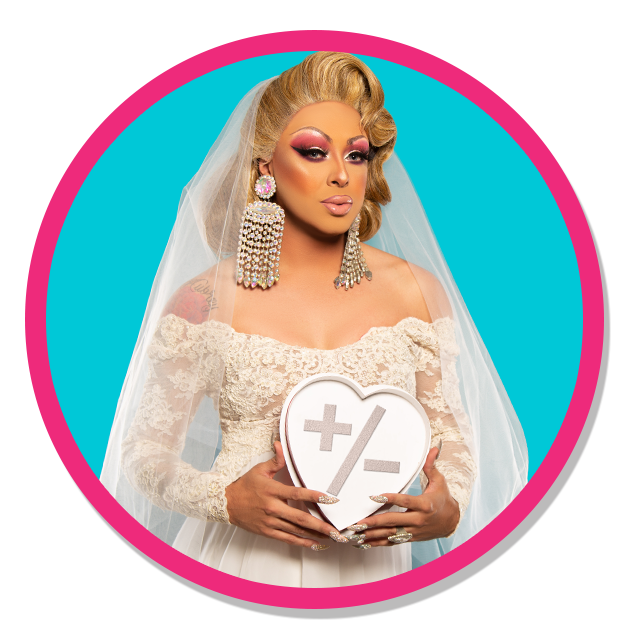
GETTING TESTED
Should I get tested for HIV?
CDC recommends everyone between the ages of 13 and 64 get tested for HIV at least once.
People at higher risk should get tested more often. If you were HIV-negative the last time you were tested, the test was more than one year ago, and you can answer yes to any of the following questions, then you should get an HIV test as soon as possible:
- Are you a man who has had sex with another man
- Have you had sex—anal or vaginal—with a partner who has HIV?
- Have you had more than one sex partner since your last HIV test?
- Have you injected drugs and shared needles, syringes, or other drug injection equipment (for example, cookers) with others?
- Have you exchanged sex for drugs or money?
- Have you been diagnosed with or treated for another sexually transmitted disease?
- Have you been diagnosed with or treated for hepatitis or tuberculosis (TB)?
- Have you had sex with someone who could answer yes to any of the above questions or someone whose sexual history you don’t know?
You should be tested at least once a year if you keep doing any of these things. Sexually active gay and bisexual men may benefit from more frequent testing (for example, every 3 to 6 months).
If you’re pregnant, talk to your health care provider about getting tested for HIV and other ways to protect you and your child from getting HIV.
Before having sex for the first time with a new partner, you and your partner should talk about your sexual and drug-use history, disclose your HIV status, and consider getting tested for HIV and learning the results.
I don’t believe I am at high risk. Why should I get tested?
CDC recommends that everyone between the ages of 13 and 64 get tested for HIV at least once as part of routine health care, and more often if you do things that might increase your risk for getting HIV.
Even if you are in a monogamous relationship (both you and your partner are having sex only with each other), you should find out for sure whether you or your partner has HIV.
I’m pregnant. Why should I get tested?
All pregnant women should be tested for HIV so that they can begin treatment if they have HIV. If a woman is treated for HIV early in her pregnancy, the risk of transmitting HIV to her baby is extremely low (1% or less). Testing pregnant women for HIV infection and treating those women who have HIV has led to a huge decline in the number of children born with HIV.
The treatment is most effective when started as early as possible during a pregnancy. However, there are still great health benefits to beginning preventive treatment even during labor or shortly after the baby is born.
How does taking an HIV test help me?
Knowing your HIV status gives you powerful information to keep you and your partner healthy.
- If you test positive, you can take medicine to treat HIV. Taking HIV medicine as prescribed can make the amount of HIV in your blood (viral load) very low—so low that a test can’t detect it (called an undetectable viral load). Getting and keeping an undetectable viral load is the best thing you can do to stay healthy. If your viral load stays undetectable, you have effectively no risk of transmitting HIV to an HIV-negative partner through sex.
- If you test negative, there are more HIV prevention tools available today than ever before.
- If you are pregnant, you should be tested for HIV so that you can begin treatment if your test is positive. If a woman with HIV is treated early in her pregnancy, the risk of transmitting HIV to her baby is extremely low (1% or less).
Who will pay for my HIV test?
HIV screening is covered by health insurance without a co-pay, as required by the Affordable Care Act. If you do not have medical insurance, some testing sites may offer free tests.
What should I expect when I go in for an HIV test?
If you get a test in a health care setting or lab, a health care provider or lab technician will take your sample (blood or oral fluid). If it’s a rapid test, you may be able to wait for the results, but if it is a laboratory test, it can take several days for your results to be available. Your health care provider or counselor may talk with you about your risk factors, answer any questions you might have, and discuss next steps with you, especially if your result is positive.
- If the test comes back negative, and you haven’t had a possible exposure during the window period for the test you took, you can be confident you don’t have HIV.
- If your test result is positive, the lab will conduct follow-up testing, usually on the same blood sample as the first test.
If you are tested outside of a health care setting or a lab, you will likely receive a rapid test (oral fluid or finger stick).
- If the test comes back negative, and you haven’t had a possible exposure during the previous 3 months, you can be confident you don’t have HIV
- If your test result is positive, you should go to a health care provider to get follow-up testing. Counselors providing the test should be able to answer questions and provide referrals for follow-up testing as well.












